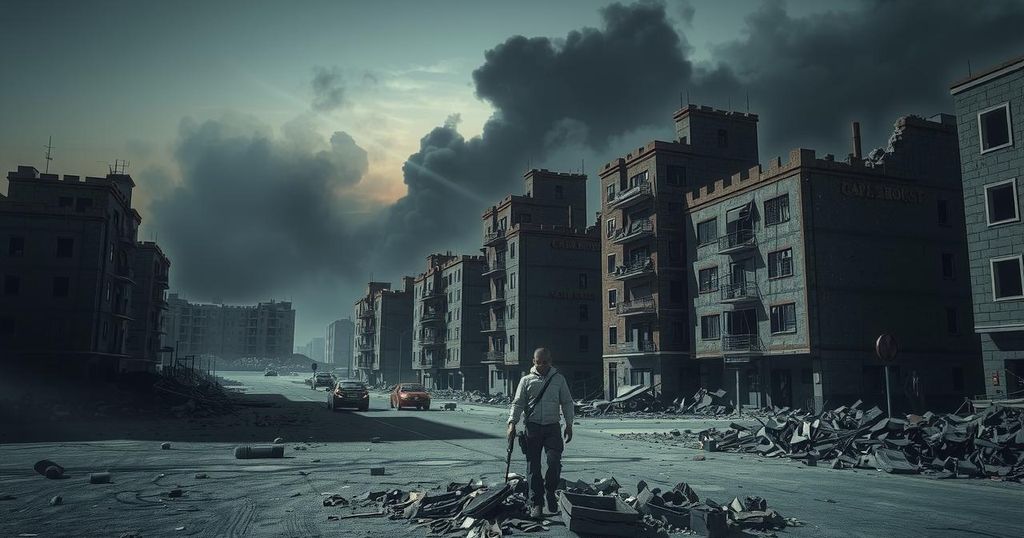Potential Developments in Sudan’s Civil War: A Critical Analysis
Sudan’s civil war has escalated, with significant military gains against the RSF. The conflict, ignited by power struggles, has resulted in a humanitarian crisis and millions displaced. The RSF’s creation of a parallel government complicates the situation, indicating two rival administrations amidst ongoing violence.
The civil war in Sudan is currently at a pivotal point after nearly two years of conflict, which has resulted in tens of thousands of fatalities, displaced millions, and triggered widespread famine. Recently, the military has claimed significant advances against the paramilitary Rapid Support Forces (RSF), asserting it has regained control of Khartoum, including the iconic Republican Palace, although the RSF has not confirmed this loss.
The conflict, which ignited in April 2023, arose from tensions between former allies in the military and the RSF, who were supposed to facilitate a democratic transition following a popular uprising in 2019. Instead, their collaboration led to a violent power struggle, resulting in at least 28,000 deaths, with the actual number likely being higher. This ongoing war has caused more than 14 million people to flee their homes, with severe famine affecting parts of the country.
The military’s recent achievements in Khartoum may merely transition the conflict into a new phase, potentially partitioning Sudan into zones controlled by the military and the RSF. Military leader General Abdel-Fattah Burhan remains reluctant to engage in peace discussions, while RSF commander General Mohamed Hamdan Dagalo appears resolute in continuing the fight. The RSF retains control over large portions of western Sudan, particularly in the Darfur region.
The RSF’s establishment of a “parallel government” in February raises concerns about two competing administrations vying for dominance in the midst of ongoing hostilities. Burhan has also proposed the formation of a transitional government, which may further entrench the political fragmentation of the country. The RSF’s charter advocates for a secular, democratic, and decentralized state, reflecting the demands of diverse communities seeking autonomy from Khartoum.
Originating from the infamous Janjaweed militia, the RSF has been implicated in various human rights abuses during the conflict, prompting sanctions from the Biden administration against Dagalo, fueled by accusations of genocide. While the RSF denies these allegations, the military has also faced criticism for its own reported abuses, maintaining its own denial of wrongdoing.
In conclusion, the ongoing conflict in Sudan has reached a crucial development with recent military advances against the RSF, potentially leading to a divided nation. The establishment of parallel governments by the RSF complicates the political landscape, and the humanitarian crisis continues to escalate. The prospects for peace remain bleak as both factions show little willingness to negotiate, suggesting a drawn-out struggle ahead.
Original Source: www.newsday.com




Post Comment